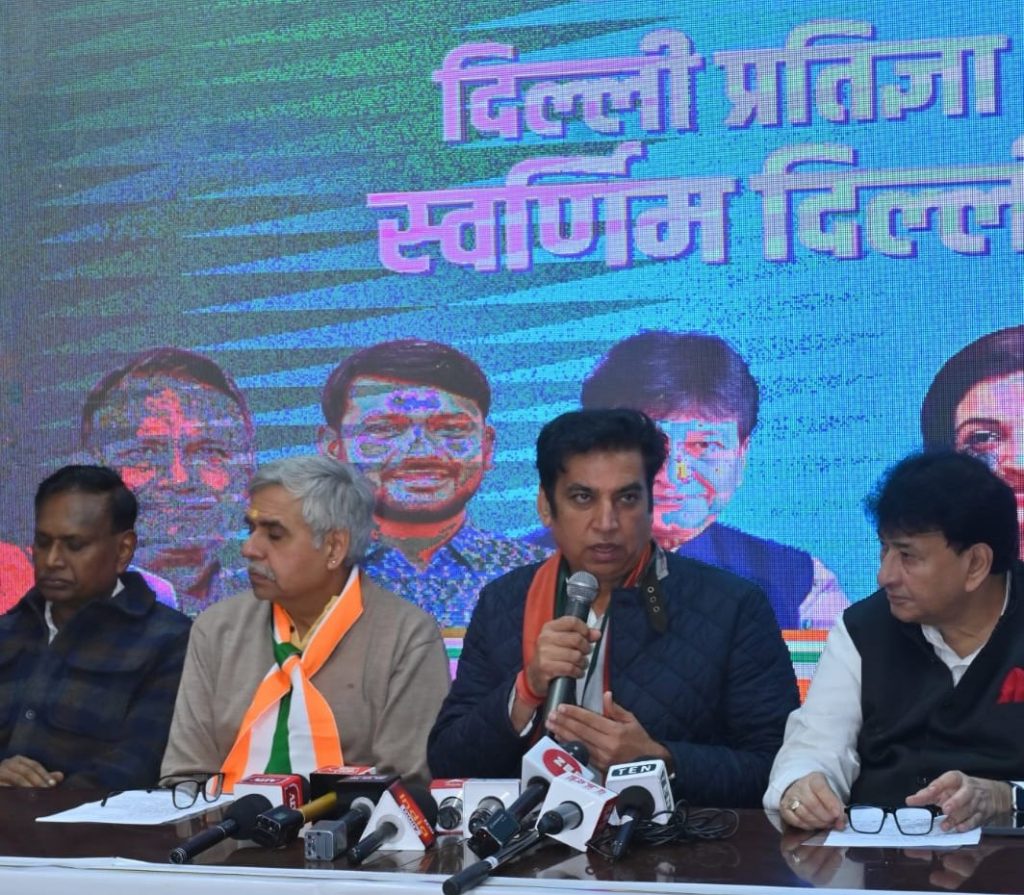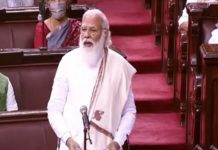
Delhi Pradesh Congress Committee president Devender Yadav said that Delhi Congress will oppose the BJP Government’s E-Vehicle Policy 2.0 to snatch the livelihood of millions of auto drivers without giving them alternate mode of employment.
He said that the BJP Government in Delhi was trying to implement new policies without doing any spade work at the ground level about the feasibility of imposing such policies to snatch the livelihood of the poor people. He said that the move to stop registration of new CNG autos from August 15, 2025 under the e-vehicle policy was a highhanded approach, including the move to stop renewal of permits to CNG autos.
Yadav said that first the Government encouraged the unemployed poor people to buy CNG vehicles by raising loans with high interest rates and then betraying them by withdrawing permission to ply CNG autos through the arbitrary implementation of e-vehicle policy.
“Before implementing the e-vehicle policy, the Rekha Gupta Government should first fully enforce the e-vehicle policy on DTC and vehicles in other government departments to make public transport CNG-free in the Capital, and then eliminate CNG in autos in a phased manner,” he added.
He said that inflation has already hit the skies in the capital, and with Ola and Uber making a huge dent in the income of the auto drivers, they have been pushed on the verge of unemployment.
Recently, the Delhi government has just released the draft of its new Electric Vehicle Policy 2.0, marking a significant step towards cleaner and more sustainable transportation in the Capital.
The EV Policy 2.0 is drafted to accelerate the shift towards electric mobility across all major vehicle segments, such as two-wheelers, three-wheelers, public buses, goods carriers, and civil garbage collection vehicles. This EV Policy outlines a phased out transition as one of its key aspects, aiming to reduce pollution from older, outdated vehicles, encourage quicker EV adoption as well as facilitate a smoother transition to sustainable transportation













